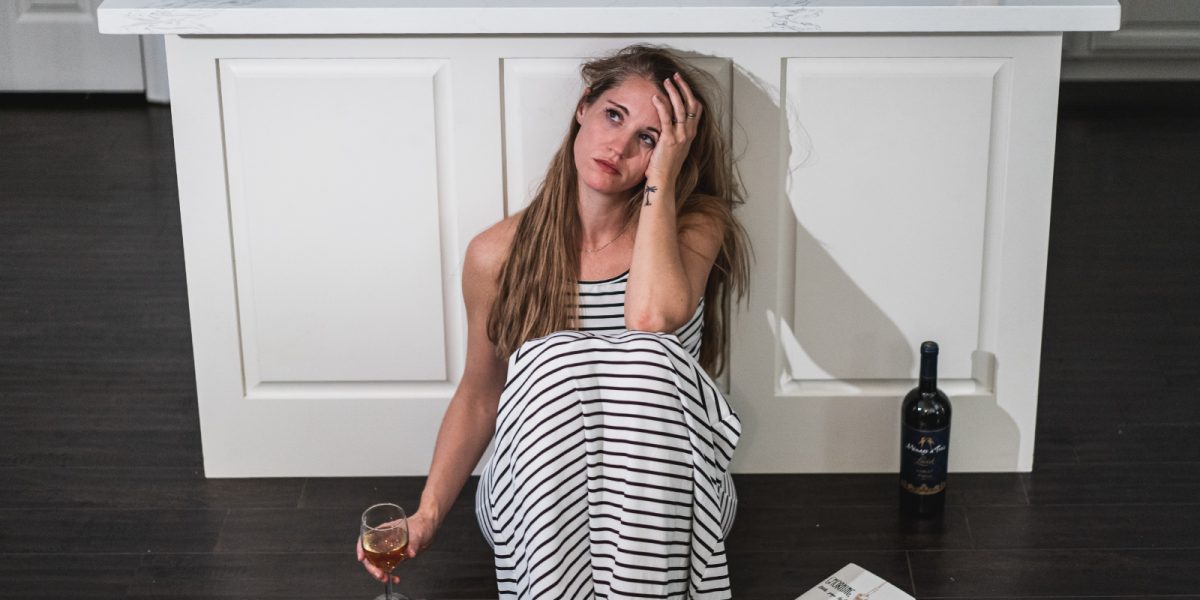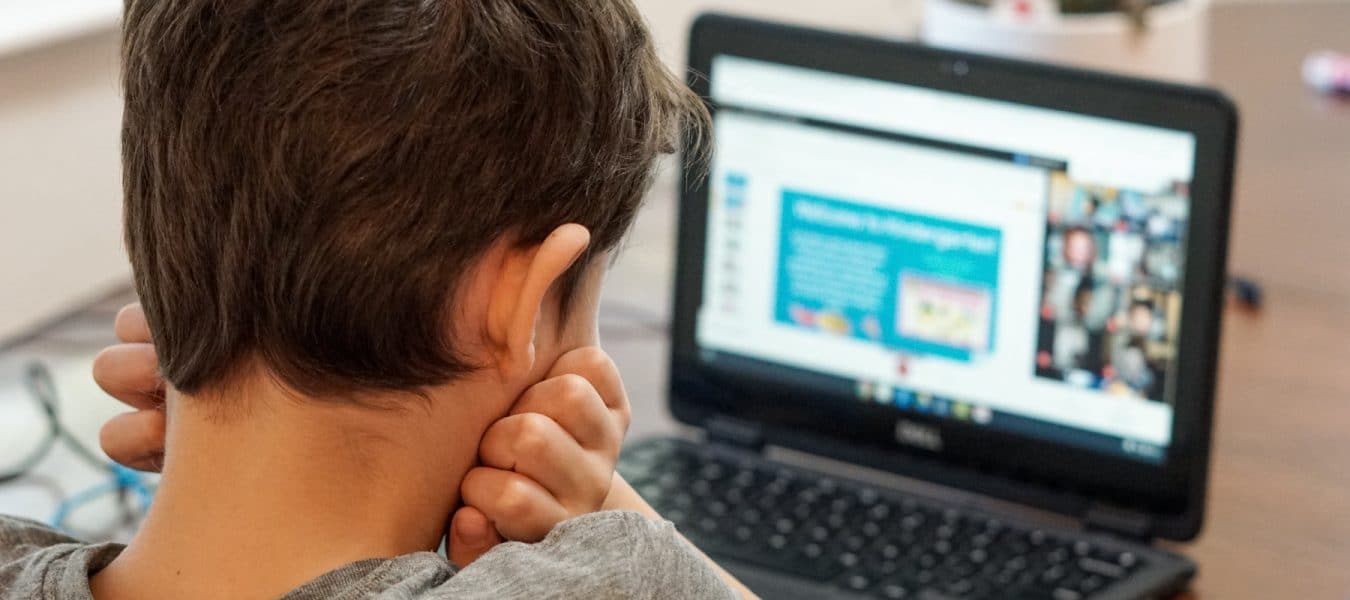
My Journey to Help Youth
March 26, 2021
Program for Parents to Help Teens Improve Remote Learning
April 9, 2021It’s been a tough year. Couples and families have been locked in together for months on end, with few of the accustomed outlets for distraction or enjoyment that may have been present before COVID struck. From working from home to remote learning to job loss, the amount of time spent at home with loved ones has grown exponentially for many. Add to that financial concerns, health concerns shifts in household responsibilities, college-aged children upended, dismal weather and anxiety about day-to-day choices while living with a pandemic, and there is no question families and couples have had many stressors to face.
While we don’t know what the future will tell us about divorce rates, substance abuse and the general state of relationships post-COVID, therapists across the country report an uptick in people seeking support and relief over the last 12 months. Almost three-quarters of licensed psychologists who treat patients for anxiety report an increase in demand since the pandemic began, according to a survey by the American Psychological Association.
Jeff Lucas, LCPC, CADC, CGP, is a Licensed Clinical Professional Counselor, Certified Alcohol and Drug Abuse Counselor and owner of Dunham Counseling in Naperville, Illinois. During COVID, he has worked with numerous couples and families struggling with relationship issues. “I am so passionate about relationship therapy because so often, it creates an opportunity for couples or family members to form a deeper, healthier attachment that is lasting,” he says. “It’s a wonderful thing to behold when couples find a genuine understanding of each other and learn to feel safe making appropriate adjustments with each other. I work with couples of all kinds with a variety of proven techniques that can help overcome the empathic ruptures that can happen over time. Those ruptures can be healed with commitment and effort and the strength to follow some structure.”
Romantic love and passion may not stay, but a thread of commitment can allow for meaningful collaboration. Fundamentally, both people in a relationship need to feel heard and understood. This can be accomplished by helping the couple learn to have healthy reciprocal conversations where they can express feelings, share observations, and finally feel safe asking for what they need. As a group psychotherapist, Lucas has spent hours and hours setting up non-judgmental conversations that allow for respectful, emotionally healing exchanges. The result is powerful- validation, self-discovery and collaboration happen through the reflective nature of the conversations.
“I can help couples move through these conversations in a constructive and productive manner. This work isn’t easy- people are usually expressing feelings they’ve been holding in,” he explains. “But within the structure of the conversation their partner is able to hear with greater empathy.”
At times, the partner may struggle hard to empathize during the process. In this case Lucas becomes a mediator for the couple, acting proactively to facilitate empathic understanding where it did not exist before. Week by week the couple or pair explore their feelings in a space where they can express themselves in a safe, calm, civil and egalitarian format. Sincere attachment comes when appropriate boundaries can be found, and safety is felt. He uses visualization exercises as well as reflective conversation techniques and help the couple appreciate what is good in the relationship so they can build on that.
Individuals who are revisiting old traumas or triggers may benefit from individual work in the context of the couples or pair work. Often EMDR and other trauma work can clear the way for couples to appreciate, support and develop trust for each other more effectively.
“The work I do is designed to help couples move from angry blame and defensive reactivity to understanding, empathy, and compassion. Communication which is clear and authentic without blame or shame is such a huge part of creating healthy attachment,” says Lucas. “As a married person, I know people can fall in love over and over, but we do not enjoy romantic bliss every day, particularly with the stresses of the pandemic. Knowing how to create the conversations that promote genuine understanding can deepen the relationship and allow couples or family members to enjoy a journey of growth together. The result is renewed trust, care, affection and fun. With so many people hurting out there, it’s a tremendous honor to help that healing and progress take place. It’s truly gratifying work.”
More information on Dunham Counseling and support for couples, families, individuals, and adolescents can be found at www.dunhamcounseling.com.






